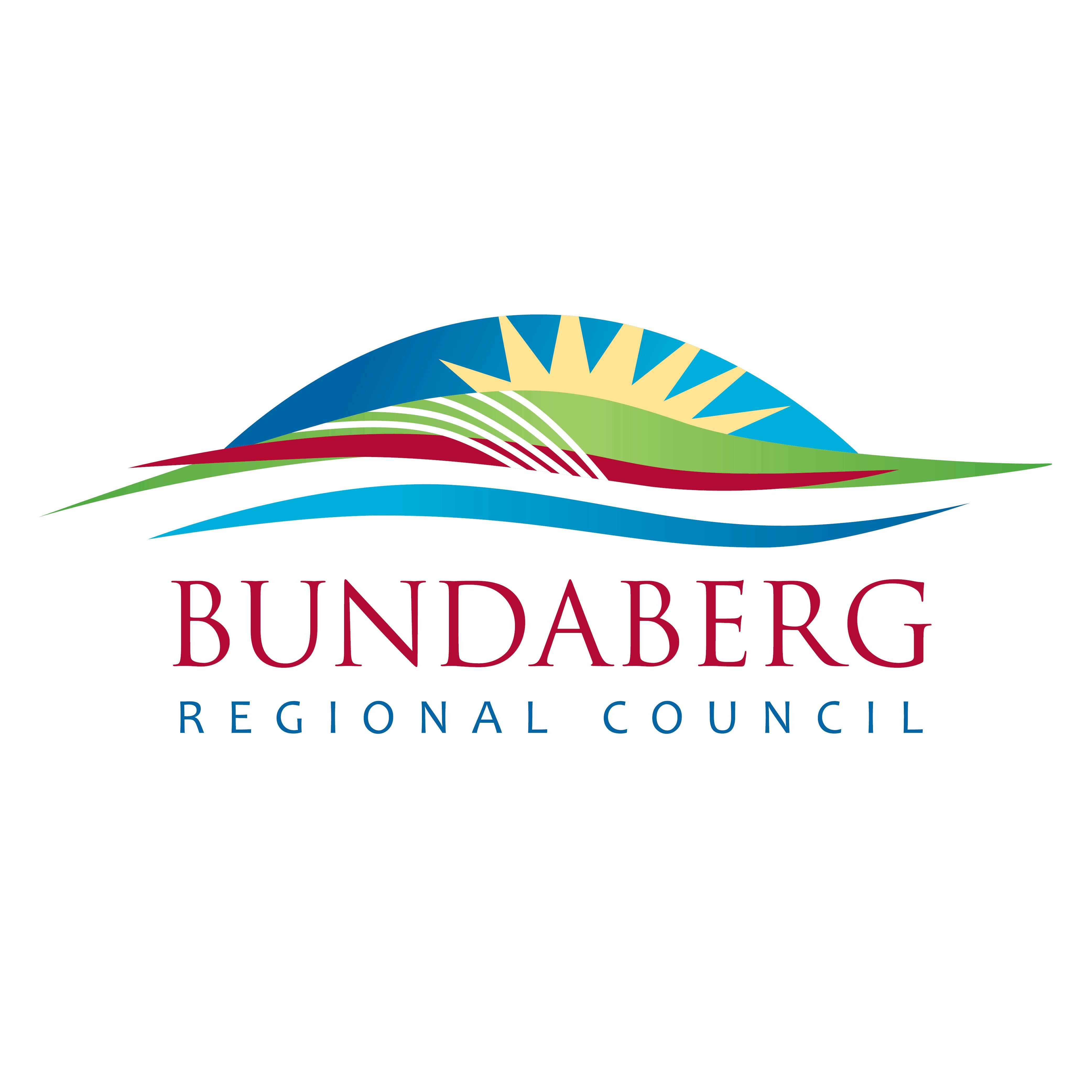Waste Reduction and Recycling Plan
Bundaberg Regional Council’s Waste Reduction and Recycling Plan that is linked to the Wide Bay-Burnett Regional Waste Management Plan, outlines a clear path forward on how to assist the Bundaberg community to move towards the Queensland Governments aspirational waste reduction and recycling targets of:
- reducing the amount of waste generated by 15%
- increasing the amount of materials recycled to 60%
- increasing the amount of municipal solid waste diverted from landfill to 70%
Currently, each Bundaberg Region household generates 725 kilogram of waste that is landfilled annually via their red lidded residual waste bin. The region’s overall recycling rate from the yellow lidded household bins is only 15% of the materials collected.
The Queensland Levy that is paid on household waste landfilled, to the Queensland State Government is forecast to cost the Bundaberg ratepayers an additional $27,000,000 over the next nine years to 2031/2032 and is a major driver of the proposed actions in the Waste Reduction and Recycling Plan with the aim of limiting the financial burden for residents and ratepayers.
There are several action items that have been identified and the following five themes have been identified:
- Theme 1: Waste Avoidance and Education
- Theme 2: Capturing Organics Plans for the Future
- Theme 3: Use the Right Bin
- Theme 4: Recovery of Resources
- Theme 5: Sustainable Waste Services and Infrastructure
The Waste Reduction and Recycling Plan outlines how Council will support the community and work collaboratively with regional and domestic industry to create circular economy principals for resources by:
- reducing recyclables lost through the red lidded residual waste bin
- the provision of a food organics and garden organics (FOGO) green lidded bin to a large proportion of the domestic households
- recovering more resources at their source or at waste and recycling facilities.
Council is committed to meet the implementation plan action items for each of the five themes. This will ensure the Queensland Government waste reduction and recycling targets 2030 are met by the Queensland Government to reduce the impacts on climate change, the environment, and the waste levy on the Bundaberg Regional Council residents and ratepayers.



